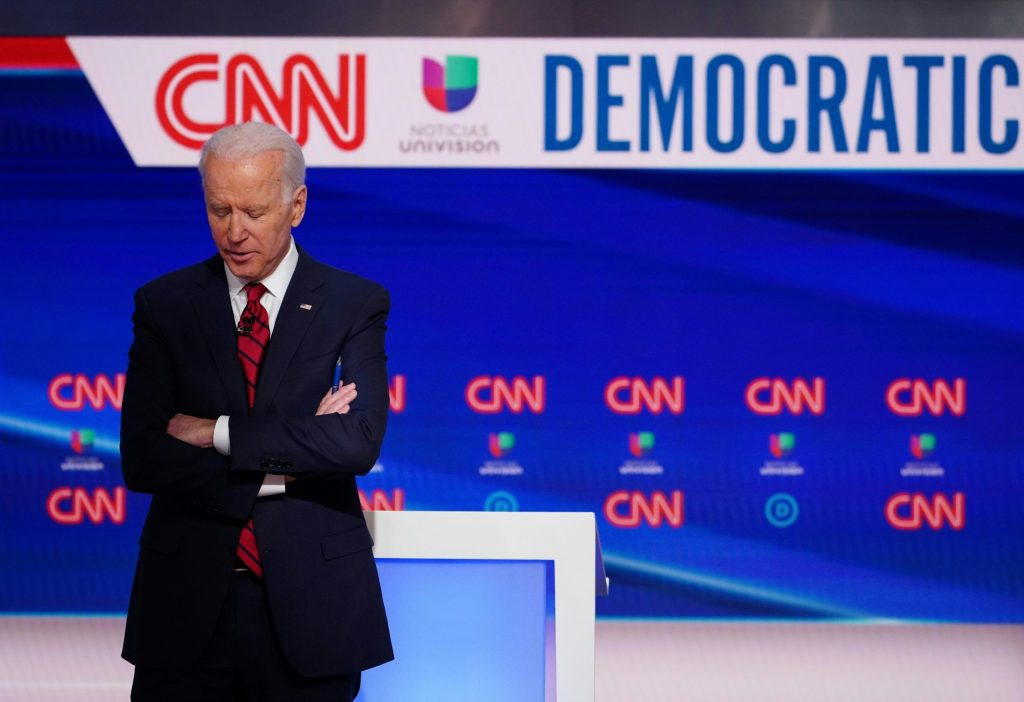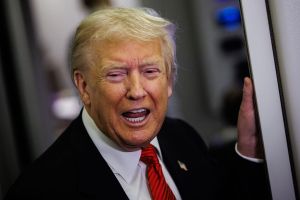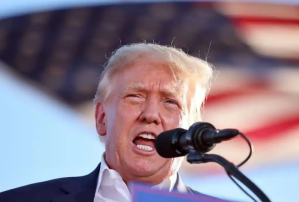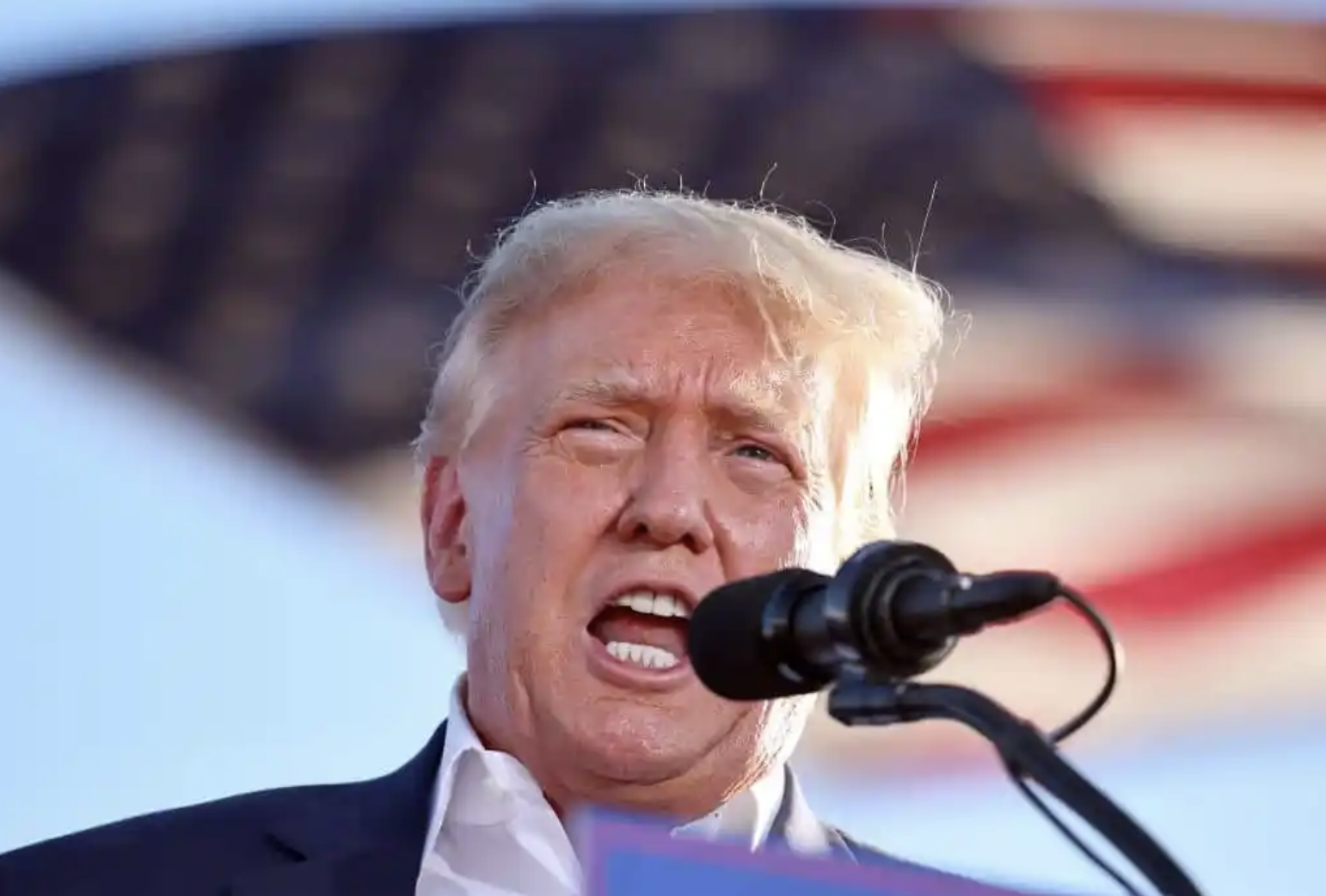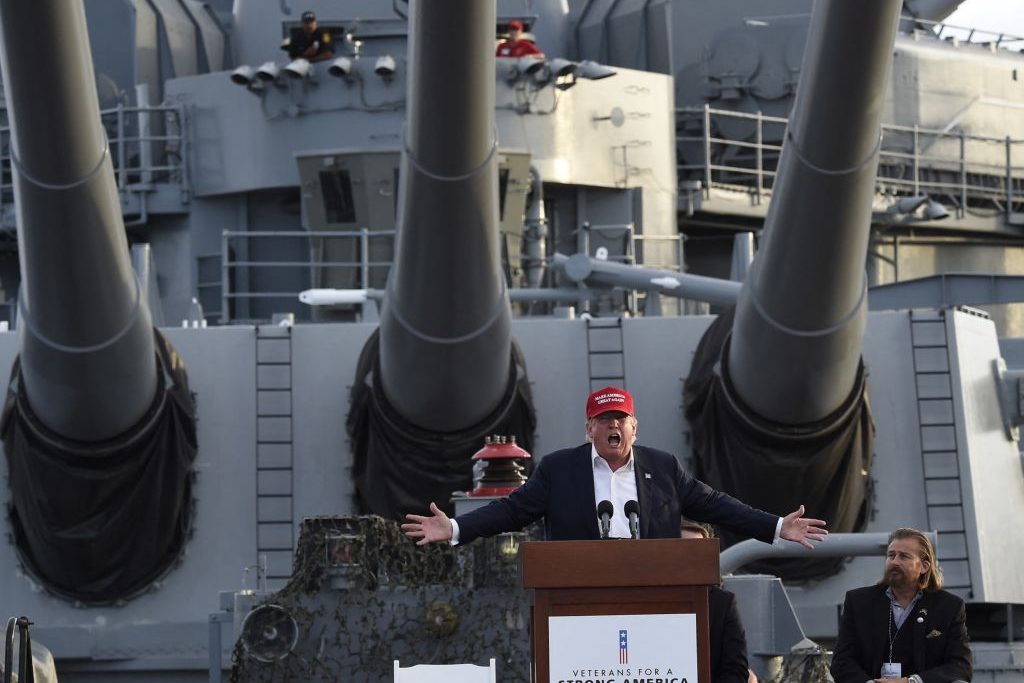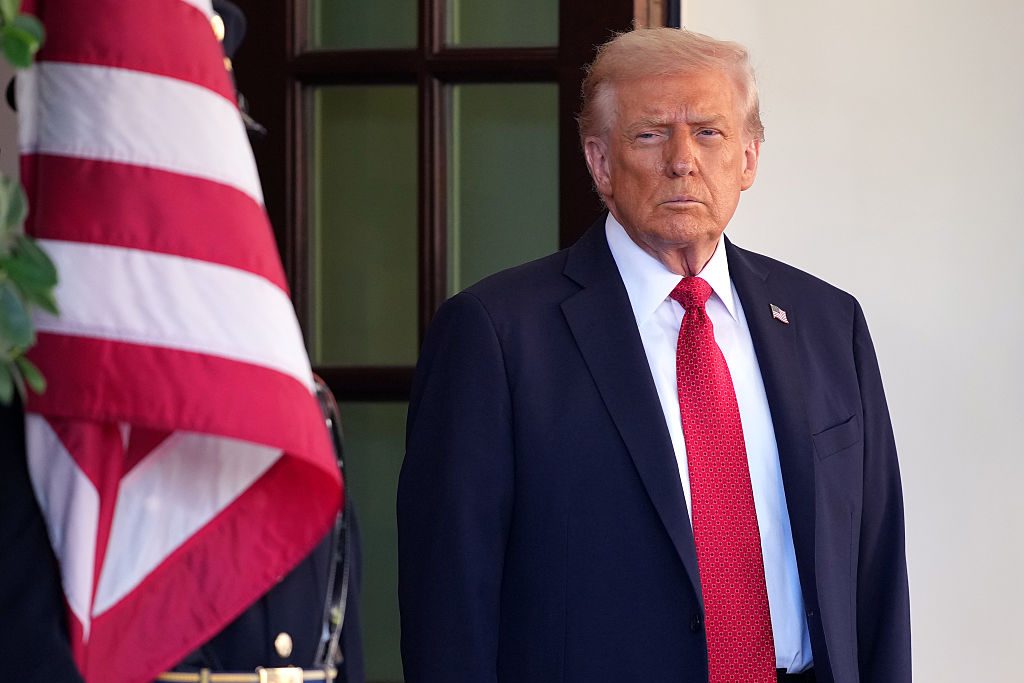Late last December, Democrats were heading into the homestretch of their presidential primary optimistic that although they faced an internal battle about their party’s position on healthcare, they could easily outrun President Trump on the issue. Healthcare proved to be a winning issue during the 2018 midterms when Democrats took back the House, catching Republicans flat-footed on a policy issue they had failed to present a new, cohesive idea on since ‘repeal and replace Obamacare’.
Democrats hoped they could replicate this success in 2020, as Trump repeatedly floated the possibility of a new Republican plan on healthcare but had yet to actually unveil one. The strategy seemed good on its face; healthcare was constantly polled as the top issue for voters in late 2019 and early 2020. A Hill-HarrisX poll in December found 15 percent of voters believed healthcare ‘is the most important issue facing the nation today,’ while 30 percent of voters rated health care as ‘extremely important’ to their vote for president in a January Gallup poll.
Of course, that was before coronavirus hit. COVID-19 is a health-related issue, but a global pandemic doesn’t lend itself to simple political platitudes about instituting a single-payer system or a public option. The complexity of a federal response has instead caused voters to shift their focus back to a classic presidential election issue: the economy. Statewide shutdowns of businesses and stay-at-home orders have led to more than 30 million Americans filing for unemployment with no clear answer as to how or when they’ll be able to return to work. In a new Redfield & Wilton Strategies poll of 1,500 voters provided exclusively to The Spectator, 46 percent of voters said the economy will be the key policy area that will decide how they vote this year. Just 22 percent said the same about healthcare.
It’s not immediately obvious that this shift in priorities will be damaging for Democrats. Trump, despite overseeing a booming economy with low unemployment and rising wages his first three years, is currently facing the COVID-caused downturn with uncertain potential for recovery before the election. That being said, the poll also found that 39 percent of voters believe Trump’s handling of the economy is the most compelling reason to vote for him. This suggests voters are more likely to trust his stewardship over an ailing economy than Biden — a plurality of voters, 29 percent, said the most compelling reason to vote for Biden is that he is running against Trump, while 26 percent said the most compelling reason is his positions on health care and other domestic policy issues. If the polls are right, and Americans are now more concerned about the economy than health care, coronavirus may be a blessing in disguise for Trump’s re-election chances.



